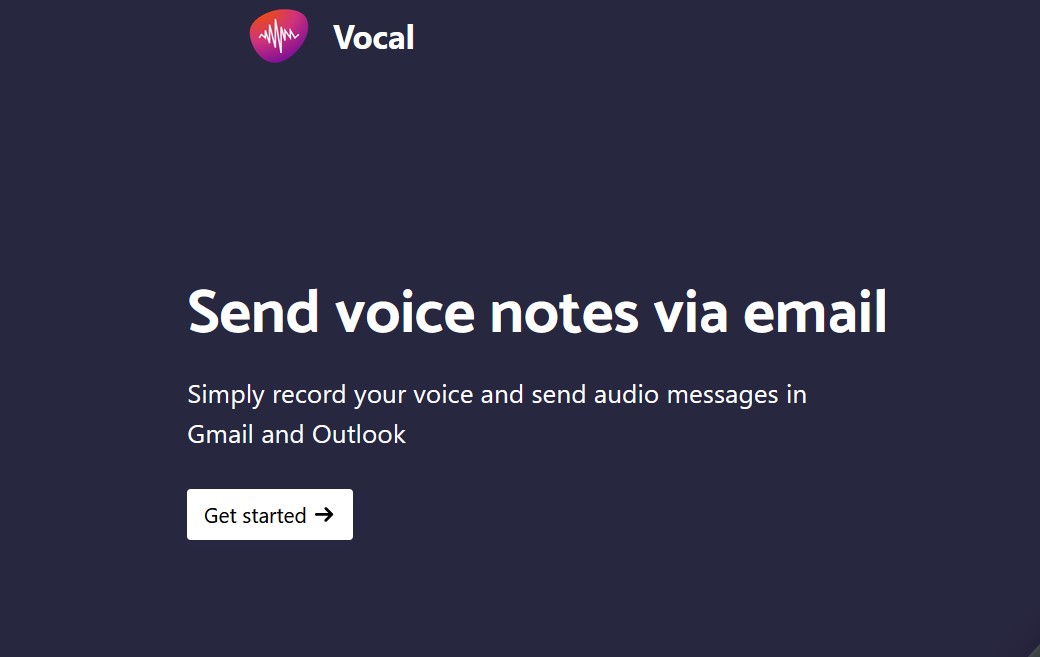Take Your Coaching to the Next Level: The Impact of Motivational Voice Emails

Are you a coach looking for ways to take your coaching to the next level? Do you want to motivate your clients and help them achieve their goals? If yes, then you have come to the right place. In this article, we will discuss the impact of motivational voice emails on coaching and how they can help you take your coaching to the next level.
Introduction
Coaching is an art that requires a lot of skill, patience, and dedication. As a coach, your role is to motivate, inspire, and guide your clients towards their goals. However, coaching can be a challenging task, especially when dealing with clients who lack motivation or have a negative mindset. This is where motivational voice emails can come in handy.
Motivational voice emails are a powerful tool that can help coaches inspire and motivate their clients. They are a form of personalized communication that uses the power of voice to convey a message. By sending motivational voice emails, coaches can create a personal connection with their clients, which can have a significant impact on their motivation and mindset.
The Benefits of Motivational Voice Emails
Motivational voice emails have several benefits that can help coaches take their coaching to the next level. Here are some of the benefits of using motivational voice emails in coaching:
Personalization
Motivational voice emails are a form of personalized communication that can help coaches connect with their clients on a deeper level. By using their voice, coaches can convey a message that is more personal and engaging, which can help motivate and inspire their clients.
Convenience
Motivational voice emails are a convenient way to communicate with clients. They can be recorded and sent at any time, making it easy for coaches to stay in touch with their clients. Additionally, clients can listen to voice emails at their convenience, making it easier for them to stay motivated and engaged.
Motivation
Motivational voice emails can be a powerful tool for motivating clients. By using their voice, coaches can convey a message that is more powerful and motivating than written communication. Additionally, clients can listen to voice emails whenever they need motivation, which can help them stay on track toward their goals.
Engagement
Motivational voice emails can help coaches engage their clients on a deeper level. By using their voice, coaches can create a personal connection with their clients, which can lead to greater engagement and motivation.
Accountability
Motivational voice emails can help coaches hold their clients accountable. By sending regular voice emails, coaches can keep their clients on track toward their goals and help them stay focused on their progress.
How to Create Effective Motivational Voice Emails
Creating effective motivational voice emails requires a little bit of planning and preparation. Here are some tips for creating effective motivational voice emails:
Plan
Before recording a motivational voice email, take some time to plan out what you want to say. Think about your client’s goals and what message you want to convey. Write down some key points that you want to cover in your message.
Keep it Short
Motivational voice emails should be short and to the point. Keep your message focused and avoid rambling. Try to keep your message under two minutes in length.
Be Authentic
When recording a motivational voice email, be authentic and genuine. Speak from the heart and let your personality shine through. Your clients will appreciate your honesty and authenticity.
Use Emotion
Motivational voice emails should be emotional and inspiring. Use your voice to convey the emotion behind your message. Speak with passion and enthusiasm.
Follow Up
After sending a motivational voice email, follow up with your client to make sure they received your message and to check in on their progress. This shows that you care about their success and can help keep them motivated and engaged.
Use a Call-to-Action
Include a call to action in your motivational voice emails. This could be a task for your client to complete or a reminder of their goals. This will help keep your clients focused and motivated toward their goals.
Conclusion
Motivational voice emails can be a powerful tool for coaches looking to take their coaching to the next level. By providing a more personal and engaging form of communication, coaches can motivate and inspire their clients toward their goals. Remember to plan your message, keep it short and focused, be authentic and genuine, use emotion, follow up with your clients, and include a call to action. With these tips, you can create effective motivational voice emails that will have a positive impact on your coaching.
Take Your Coaching to the Next Level: The Impact of Motivational Voice Emails is a powerful way to motivate and inspire your clients. By using this tool, you can create a personal connection with your clients and help them achieve their goals. So, why wait? Start using motivational voice emails today and take your coaching to the next level!
FAQs
What is a motivational voice email?
A motivational voice email is a form of personalized communication that uses the power of voice to convey a message. They are a powerful tool that coaches can use to motivate and inspire their clients towards their goals.
How do motivational voice emails help coaching?
Motivational voice emails can help coaches take their coaching to the next level by providing a more personal and engaging form of communication. They can help coaches motivate and inspire their clients, hold them accountable, and keep them focused on their progress.
How do I create effective motivational voice emails?
To create effective motivational voice emails, you should plan your message, keep it short and focused, be authentic and genuine, use emotion, follow up with your clients, and include a call to action.
How often should I send motivational voice emails?
The frequency of motivational voice emails depends on your coaching style and your client’s needs. However, you should aim to send them on a regular basis, such as once a week or once every two weeks.
What are some common mistakes to avoid when creating motivational voice emails?
Common mistakes to avoid when creating motivational voice emails include rambling, using a monotone voice, being insincere, and not providing a call to action.
How can I measure the impact of motivational voice emails on my coaching?
To measure the impact of motivational voice emails on your coaching, you can track your client’s progress toward their goals, their level of engagement, and their overall satisfaction with your coaching.
